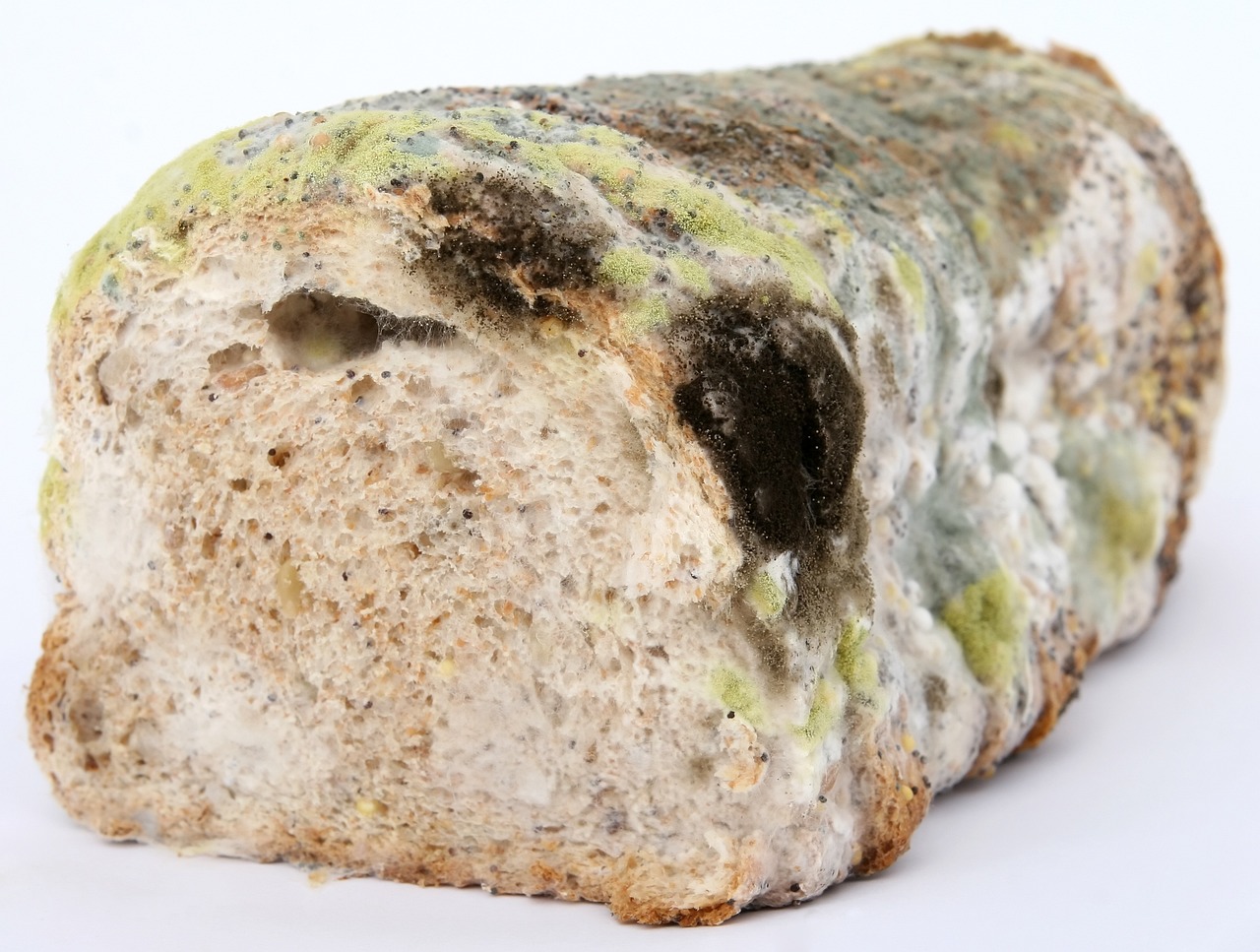Health Benefits of CBD: Separating Fact from Fiction
As the popularity of CBD continues to rise, so does the debate surrounding its health benefits. While some individuals swear by its effectiveness in treating a wide range of ailments, others remain skeptical about the purported benefits of this cannabinoid. In this article, we will delve into the science behind CBD and explore the various health benefits associated with its use, separating fact from fiction.
What is CBD?
Cannabidiol, better known as CBD, is a naturally occurring compound found in the cannabis plant. Unlike its psychoactive counterpart, tetrahydrocannabinol (THC), CBD does not produce a high when consumed. This makes CBD a popular choice for individuals seeking the potential therapeutic benefits of cannabis without the mind-altering effects.
Health Benefits of CBD
1. Pain Relief
One of the most widely touted benefits of CBD is its ability to alleviate pain. Studies have shown that CBD interacts with the body’s endocannabinoid system, which plays a key role in regulating pain perception. By reducing inflammation and influencing the activity of neurotransmitters, CBD may help alleviate chronic pain conditions such as arthritis and neuropathic pain.
2. Anxiety and Depression
Another common use of CBD is to manage anxiety and depression. Research suggests that CBD may help reduce symptoms of anxiety by interacting with serotonin receptors in the brain. Additionally, CBD has been shown to have antidepressant-like effects in animal studies, leading to speculation about its potential efficacy in treating depression.
3. Neuroprotective Properties
CBD has also been studied for its neuroprotective properties. Research has shown that CBD may help protect against neurodegenerative diseases such as Alzheimer’s and Parkinson’s by reducing inflammation and oxidative stress in the brain. Additionally, CBD has been shown to promote the growth of new brain cells, a process known as neurogenesis.
4. Anti-Inflammatory Effects
Inflammation is the body’s natural response to injury or infection, but chronic inflammation can contribute to various health problems. CBD has been shown to have potent anti-inflammatory properties, which may help reduce inflammation in conditions such as arthritis, inflammatory bowel disease, and chronic pain syndromes.
5. Sleep Disorders
Many individuals turn to CBD to improve their sleep quality and manage sleep disorders such as insomnia. Research has shown that CBD may help promote relaxation and reduce anxiety, both of which are essential for a good night’s sleep. Additionally, CBD may interact with the body’s sleep-wake cycle, known as the circadian rhythm, to promote healthy sleep patterns.
6. Skin Conditions
Topical CBD products are increasingly popular for treating various skin conditions such as eczema, psoriasis, and acne. CBD’s anti-inflammatory and antioxidant properties may help reduce inflammation, soothe irritated skin, and regulate sebum production. Additionally, CBD’s antibacterial properties may help combat acne-causing bacteria.
What to Look for in CBD Products
When choosing a CBD product, it’s essential to consider several factors to ensure its quality and efficacy. Look for products that are third-party tested for potency and purity, free of harmful additives, and sourced from organic hemp. Additionally, consider the method of consumption that best suits your needs, whether it’s sublingual oils, capsules, edibles, or topical creams.
FAQs
1. Is CBD legal?
Under the 2018 Farm Bill, CBD derived from hemp containing less than 0.3% THC is federally legal in the United States. However, CBD laws vary by state, so it’s essential to check your local regulations.
2. Will CBD get me high?
No, CBD is non-intoxicating and does not produce a high. THC is the psychoactive compound in cannabis responsible for the euphoric effects.
3. Can I overdose on CBD?
While it’s unlikely to overdose on CBD, taking too much may lead to potential side effects such as drowsiness, dry mouth, and gastrointestinal issues. It’s essential to start with a low dose and gradually increase as needed.
4. How long does it take for CBD to work?
The effects of CBD can vary depending on the method of consumption and individual factors such as metabolism and body weight. Generally, CBD taken orally may take 30 minutes to 2 hours to kick in, while topicals may offer more immediate relief.
5. Are there any drug interactions with CBD?
CBD may interact with certain medications, particularly those that are metabolized by the liver. It’s essential to consult with a healthcare provider before using CBD, especially if you are taking prescription medications.
6. Can I give CBD to my pet?
Many pet owners use CBD to help manage their pets’ anxiety, pain, and other health conditions. However, it’s crucial to use pet-specific CBD products and consult with a veterinarian before giving CBD to your pet.
With proper research, education, and guidance, CBD can be a valuable addition to your wellness routine. Whether you’re seeking relief from pain, anxiety, or sleep issues, CBD may offer a natural alternative to traditional pharmaceuticals. As always, it’s essential to consult with a healthcare provider before starting any new supplement regimen to ensure its safety and efficacy for your individual needs.







